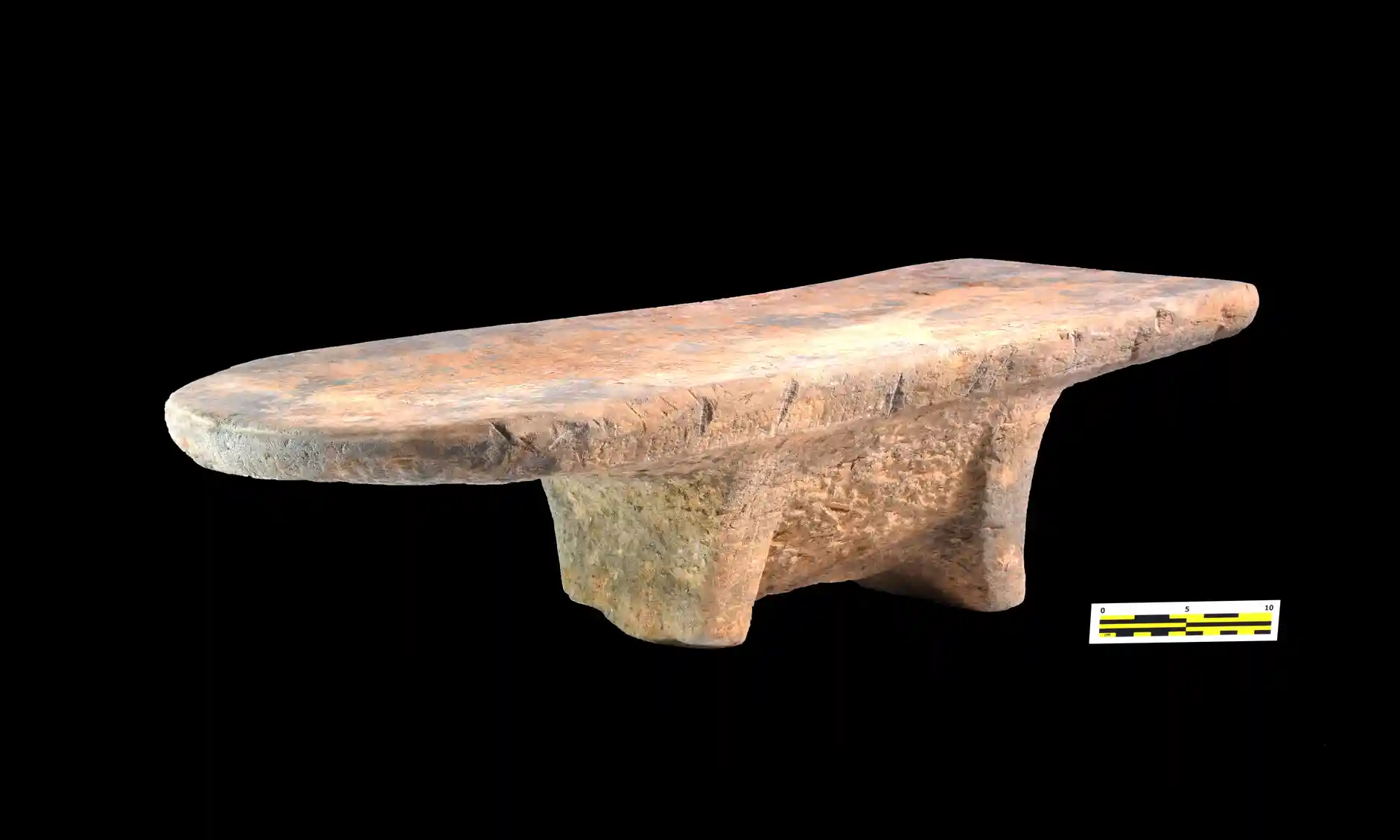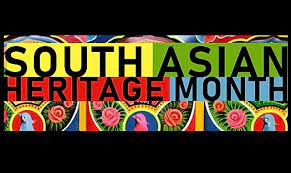Ancient Origins of Curry Unearthed in South-East Asia: Traces of Spice Trade 2,000 Years Ago

London — Scientists from the Australian National University have made a groundbreaking discovery that suggests curry may have been introduced to south-east Asia over 2,000 years ago. The team of researchers found the earliest evidence of curry’s preparation in the region while analyzing plant remains from 12 ancient stone grinding tools unearthed in Óc Eo, southern Vietnam.
The findings, published in the journal Science Advances, revealed traces of rice and a diverse range of spices, including turmeric, ginger, fingerroot, sand ginger, galangal, clove, nutmeg, and cinnamon. “We discovered a wide variety of spices that had travelled from different locations to Óc Eo,” said Dr. Hsiao-chun Hung, who led the excavation and research. “All of these spices reached Vietnam 2,000 years ago, contributing to the creation of delightful dishes that must have been enjoyed by the people of that time.”
The most abundant starch grains found among the spices were from turmeric and ginger, displaying broken features similar to those found in modern curry powder. The researchers were astonished to find nutmeg seeds that were still aromatic after two millennia.
The stone implements, including mortars and pestles, were excavated between 2017 and 2019 and were determined to have originated from South Asia. This led the researchers to conclude that curry recipes were introduced to south-east Asia by migrants or visitors from South Asia during early trade contact via the Indian Ocean.
Of particular significance was the discovery of a large footed grinding slab, resembling those traditionally used for preparing curry paste today, with ancient starch grains of ginger, cinnamon, and nutmeg on its surface.
Óc Eo is believed to have been a major port city in the ancient kingdom of Funan, dating back to the first to seventh century AD. The recent findings shed new light on the early spice trades, which were previously only sparsely documented in ancient texts from India, China, and Rome.
Archaeological evidence indicates that curry originated in India over 4,000 years ago, where spice traces and culinary remains like eggplant and mango have been found attached to human teeth and in cooking pots.
The research by Weiwei Wang, a PhD candidate at ANU, offers valuable insights into the ancient global maritime trading networks and the early roots of the beloved curry that is still savored around the world today.



















Facebook Comments